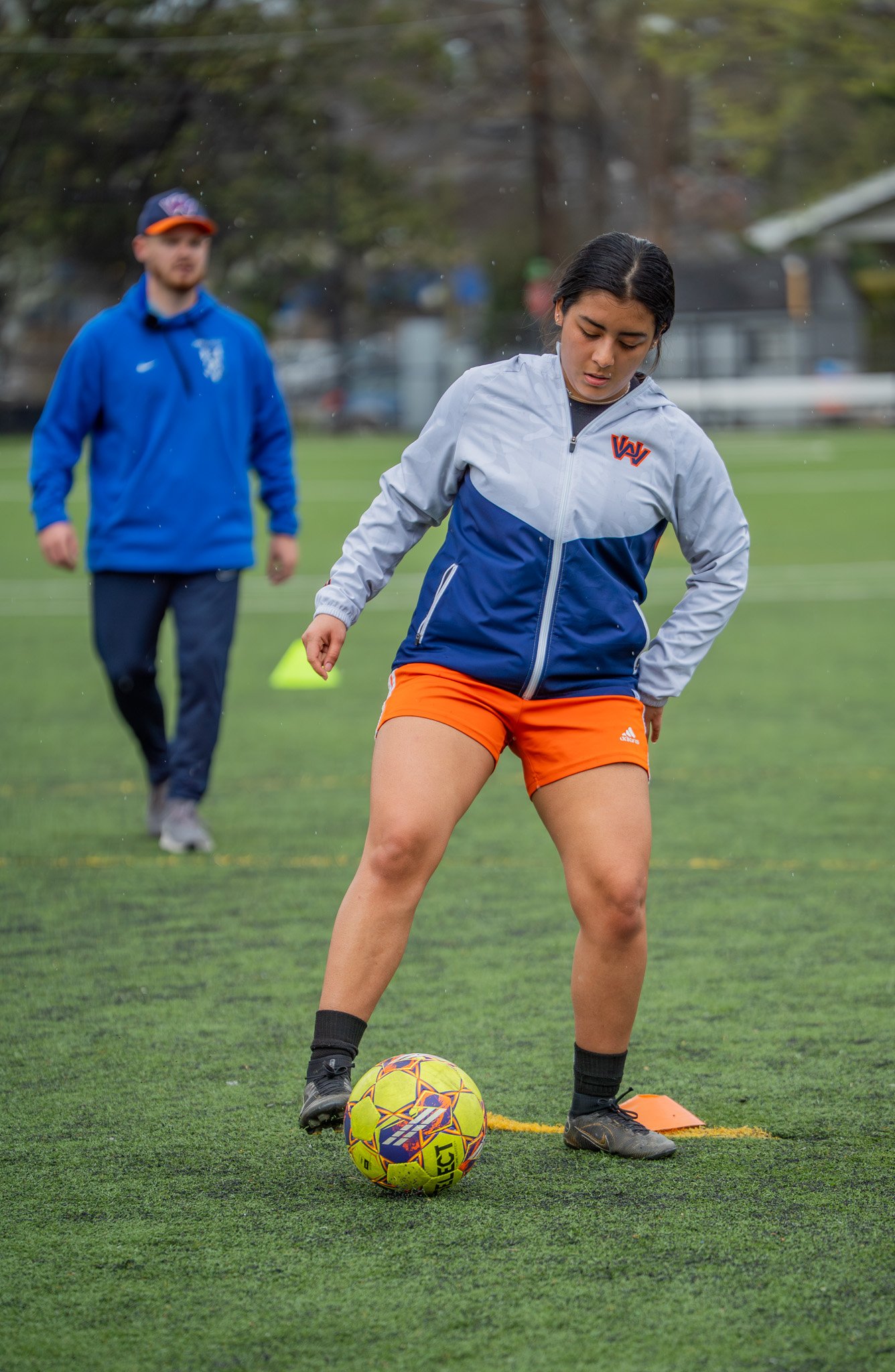Why Parent Involvement Matters
A parent’s role in youth soccer extends far beyond driving to practice or cheering from the sidelines. From emotional support to communication habits, your influence can either elevate or disrupt your child’s progress. That’s why responsibility and accountability are not just for players — they’re for parents too.
Overview
While coaches build skills and game sense, parents build confidence, composure, and character. In the pressure-filled world of competitive youth sports, your emotional influence as a parent can make or break your child’s long-term relationship with the game.
At PhiloSoccer, we believe that how you show up as a parent matters as much as how your child shows up to train.
Why Emotional Resilience Is a Competitive Advantage
Soccer isn’t just a physical sport — it’s deeply emotional. Players face:
Performance anxiety
Fear of mistakes
Peer and coach expectations
Burnout and self-doubt
Without proper support, these emotional challenges can crush confidence, even in the most talented young athletes.
That’s where you come in.
What Parents Can Do
1. Model Composure
How you react to a bad game or tough loss teaches more than any post-game speech. If you stay calm, constructive, and supportive, they’ll learn to do the same.
2. Use Confidence-Building Language
Instead of:
“You didn’t hustle enough today.”
Try:
“I noticed how hard you worked to get open — that’s effort that will pay off.”
3. Normalize Mistakes
Teach them to treat failure as feedback, not final judgment. “What did you learn?” should be the most common question after a mistake.
4. Avoid Over-Identifying
Your child’s soccer performance is not a reflection of your worth as a parent. When you separate your ego from their results, they feel freer to take risks and grow.
5. Celebrate Progress, Not Just Wins
Confidence grows not from winning, but from seeing improvement and being recognized for it. Celebrate effort, attitude, and learning just as much as goals scored.
From a PhiloSoccer Parent:
“I used to over-coach from the sidelines. Once I shifted to being more supportive than instructional, my daughter became more confident and actually enjoyed playing again.”
Final Thought
Confidence doesn’t start on the field — it starts at home. When parents lead with patience, perspective, and emotional awareness, young players become not only better athletes, but better people.
What PhiloSoccer Offers to You
PhiloSoccer provides educational resources designed to empower parents to become growth-oriented mentors in their child’s development.
These resources help you:
Understand the full development model: Learn how technical, tactical, physical, and mental growth intertwine.
Communicate constructively: Avoid over-coaching or placing pressure — instead, foster trust and healthy dialogue.
Support long-term progress: Recognize that development is non-linear. Mistakes are part of growth, and plateaus are normal.
Set realistic goals: Align your expectations with your child’s age, motivation, and experience.
Champion the process, not just the outcome: Shift from results-based feedback ("Did you win?") to process-based support ("What did you learn today?").







A Word
"When parents and coaches align, the results are transformational. We help parents see the bigger picture — to coach less, connect more, and support smarter."

